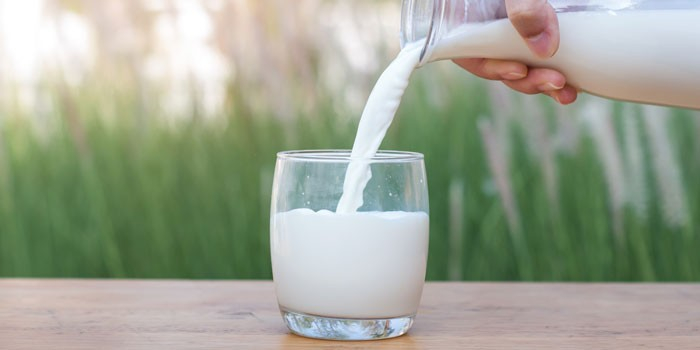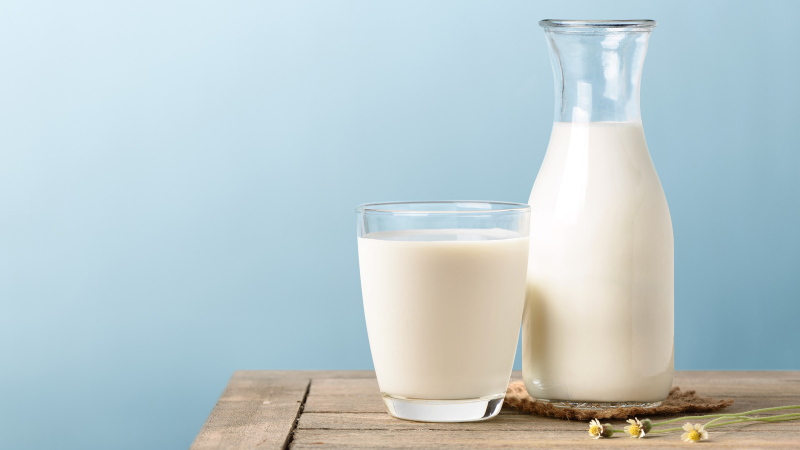Milk
Milk is a good source of calcium, potassium, and numerous B vitamins, among other minerals. However, milk, like yogurt, includes lactose, which is a natural sugar high in carbohydrates.
Whole milk, in fact, has the same 12–13 grams of carbohydrates per 8 ounces (240 mL) as low fat and skim milk. A cup of milk has 13 grams of total and net carbohydrates. Six grams of total and net carbohydrates are found in one cup of heavy cream. That's without any additional sugar. Chocolate milk, for example, contains significantly more carbohydrates. You may be able to incorporate small quantities of milk into your low-carb diet if you just use 1–2 teaspoons (15–30 mL) in your coffee each day. Consider unsweetened almond or coconut milk instead of regular milk if you want to drink it by the glass or use it to make lattes or smoothies.












